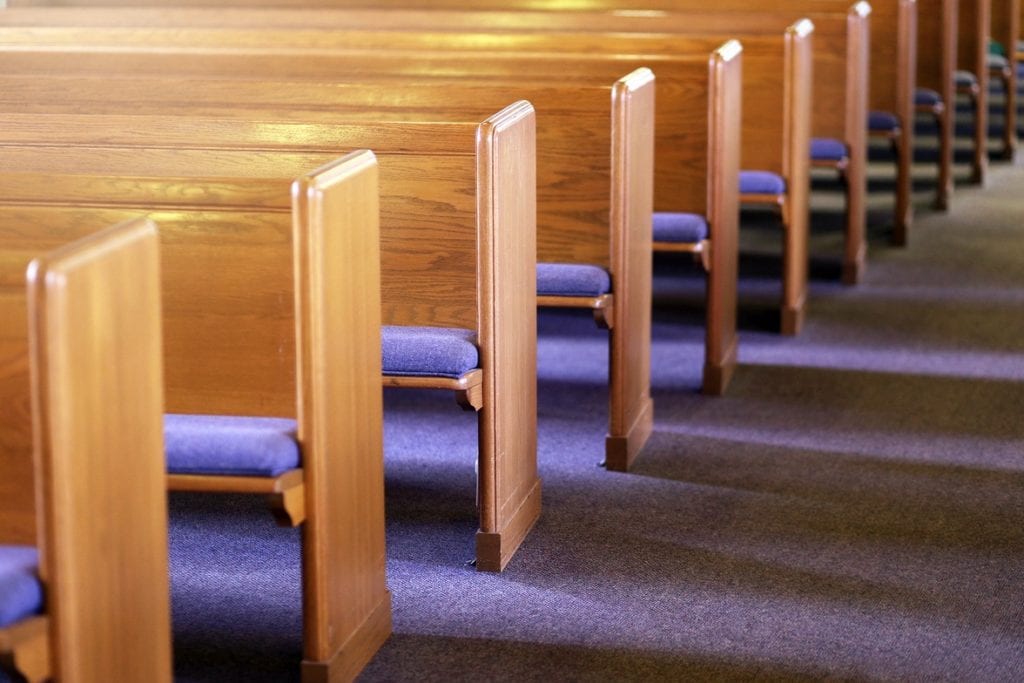
It may seem challenging, but the need to look for a new property to build your church is ultimately a fantastic sign of greater things to come. Whether your existing church has grown so much that you need to expand your physical space, or you are about to establish a new location from which to spread your mission, the new beginning is something to look forward to.
Make your search for the ideal property go smoothly and stress-free. Here are eight helpful tips for you to keep in mind:
-
- Work with a real estate professional who specializes in church properties
Whether or not this is your first time buying a church property, hiring a real estate agent is the best way toward a successful transaction. But do not hire just any realtor. Look for one who has specific knowledge and experience in dealing with properties intended for church use. While commercial and residential real estate professionals are experts in their respective fields, they may not be familiar with the particular requirements, procedures, and nuances involved in properties intended for religious use.
- Know what questions to ask
As part of your comprehensive preparations, make a list of essential questions that you want to be answered throughout your real estate transaction. These may be questions that your agent can answer directly or assist you in answering through their local professional network.
For starters, here are some questions you can ask:
- How much acreage do you need to accommodate the specific size of your congregation?
- Should you buy or lease the property?
- How long will the purchase and construction processes take?
- Be on the same page with your church administrators and/or congregation members Before starting to search for churches and chapels for sale, make sure that the leadership and members of your church are aligned in terms of long-term vision and goals. The new property and building that you will invest in must be a step in the right direction for your community’s continued growth.
- Location, location, location Like other real estate purchases, choosing the ideal location is key. Note that “ideal” does not necessarily mean “perfect.”For a church, visibility and accessibility must be essential considerations in your search strategy. You will want a place that is prominently positioned around local neighborhoods so that you can maximize your presence and impact among residents in the area.
- Do your research on the area
Once you have decided on your preferred location, learn as much as you can about the place and its surrounding areas. In addition to researching about the local population and demographic profiles, dive into administrative concerns, as well. This includes building regulations and local zoning provisions. You have to be sure that the property you buy is zoned for church use.
Look toward the future, as well. With help from your agent, inquire about future development plans and find out whether any ongoing or planned real estate projects may affect how you can use or access your church property.
- Secure the necessary permits When you determine that your chosen location will allow you to build a church on local ground, seek the official approvals and permits from local authorities as soon as possible. You may need to secure a Conditional Use or Special Use Permit if you are planning to build a church in a commercial zone.
- Consider the size of property that you need
If your goal is to grow your local church, then looking for a larger building to accommodate your increasing congregation is the clear way to go. But building size is not all you have to consider. You also need to think about the size of the lot on which the structure stands. Greater opportunities for community events and activities may be available for your church on a sprawling lot with beautiful outdoor surroundings.
On the other hand, you must also plan ahead for upkeep requirements, such as cleaning, landscaping, and irrigation. Consider eventual structural reinforcements and repairs, as well. If you buy a larger property for your church, be prepared to invest more in its long-term maintenance needs.
- Plan for all of your expenses
A budget is another essential requirement for your church property buying plans. Start with figuring out where your capital will come from. Do you have enough money in the reserve to finance the purchase or do you need to raise funds?
Consider utilities and maintenance expenses, as well. On top of the property’s asking price, you must also determine how you will support these recurring costs in the future.
- Work with a real estate professional who specializes in church properties
For the most reliable professional assistance when buying church buildings or lots in and around Chicago, work with Church Building Consultants Realty. Call our team today at 630.344.9449 or inquire via email at Dan(at)ChurchBuildingRealty(dotted)com.

